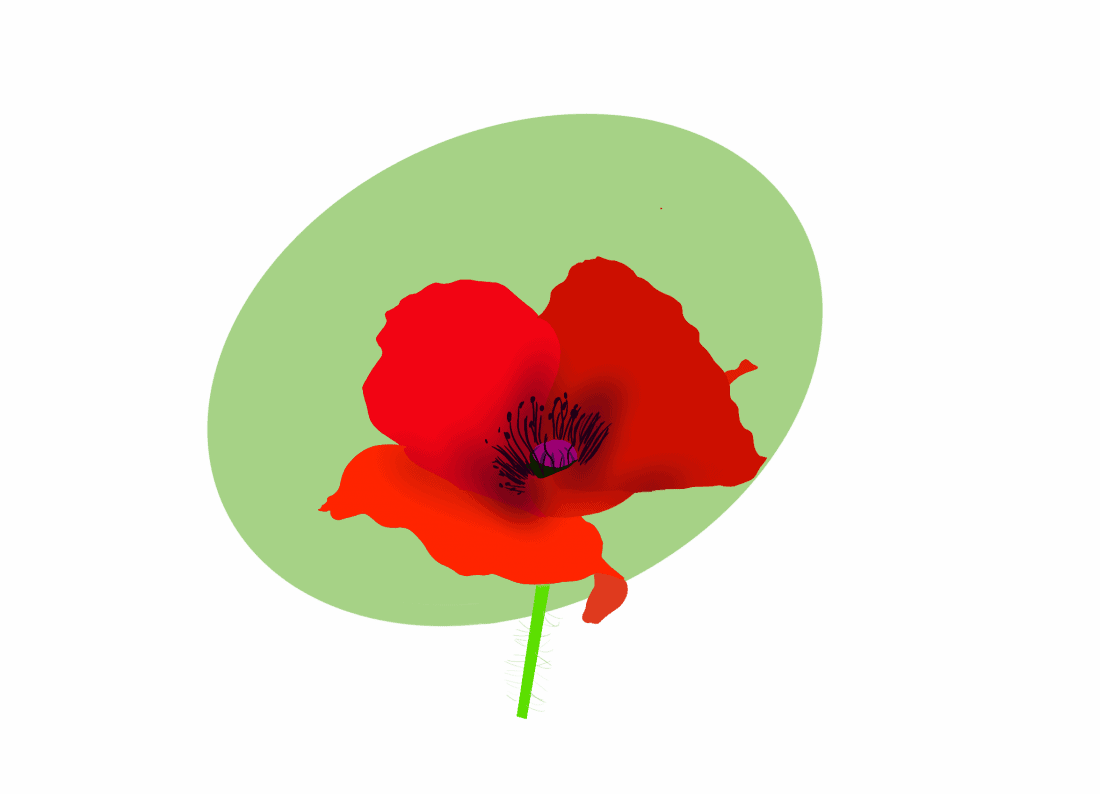
Don Cherry, the iconic hockey commentator and host of Coach’s Corner, recently made xenophobic remarks in his show a few days before Remembrance Day.
On Nov. 9, Cherry said, “You people that come here… You love our way of life, you love our milk and honey, at least you can pay a couple bucks for a poppy or something like that. These guys paid for your way of life that you enjoy in Canada, these guys paid the biggest price,” on his long-running hockey segment.
Soon enough, a multitude of complaints filed in, saying that his statement is problematic because of his privilege and disregard of immigrant veterans. In his statement, Cherry wrongly assumes that all immigrants live an easy life when they move to Canada and that they are reaping the benefits of the country while, in turn, being ungrateful.
His comments come from a place of privilege because this nation was built on the backs of many people of colour — something he fails to acknowledge. He also did not take into consideration the many people of colour who fought in the world wars. Sports writer and public speaker, Shireen Ahmed, was interviewed regarding Cherry’s comments. She said that his remarks are an insult to the people of colour that fought in the wars.
One million Indian soldiers fought for Great Britain in World War I and nearly two million African soldiers fought for the colonies both on African soil and overseas in Europe. The Great War also included 4,000 Indigenous soldiers, with at least 50 fighters receiving medals for bravery.
When Cherry talks of “our way of life,” he appears to be considering Canada as a white nation where there exists only one way of life. His comment also shows ignorance to Indigenous peoples’ right to this land.
Cherry ignores the many reasons why people might choose not to wear a poppy. By not wearing a poppy, one should not assume that the other person does not recognize the efforts of our veterans. Wearing a poppy is a personal choice, according to the Royal British Legion
Ron MacLean, Cherry’s co-host, sat silently while Cherry made these comments. At one point, he even gave a thumbs up and can be seen nodding along during Cherry’s speech. MacLean later said that he should have intervened and stopped Cherry, but MacLean’s silence speaks volumes about his stance on this controversy.
His apology is a feeble attempt at saving face after public backlash.
In any reasonable situation, if someone is making hateful or discriminatory remarks, it is important for us to take the right stance. Otherwise, our silence means that we are taking the side of those who make such derogatory comments. Our inaction does not make us a neutral party.
Later, in an interview with the Toronto Sun, Cherry said, “I know what I said and I meant it.” This comment shows his unwillingness to apologize and acknowledge that he made discriminatory comments. Even after his dismissal, he stands by what he said, which shows that he does not understand the harm his words can carry. Or, even worse, he just doesn’t care.
In another video interview with City News, however, he said that he was referring to everybody by the term “you people.” Even if he had meant everybody, his later comments are incongruent to his earlier remarks on “milk and honey.” This was a half-assed explanation and yet another attempt at avoiding an apology.
Considering his history of controversial and discriminatory remarks against people of colour and Indigenous peoples, his dismissal was long overdue. This also gives an insight into how problematic the culture of the hockey industry is, as Ahmed points out the lack of diversity in the sport during her interview.
At the end of the day, this serves as a reminder for all of us to think carefully before we speak and to check our privilege. Sportsnet itself had to stop taking in complaints because of the overwhelming response people had towards the comments.
Although what Cherry said was hurtful, his dismissal is a step forward. The public is beginning to hold people accountable for what they say, no matter what platform and regardless of status that person has. Freedom of speech does not mean freedom of consequences.
—
Wardah Anwar & Ammara Syeda
Graphic: Samantha Langer
Leave a Reply